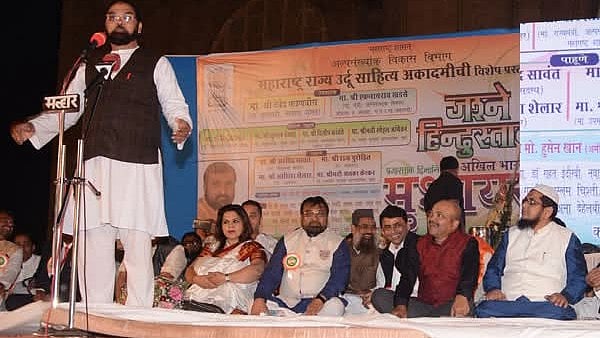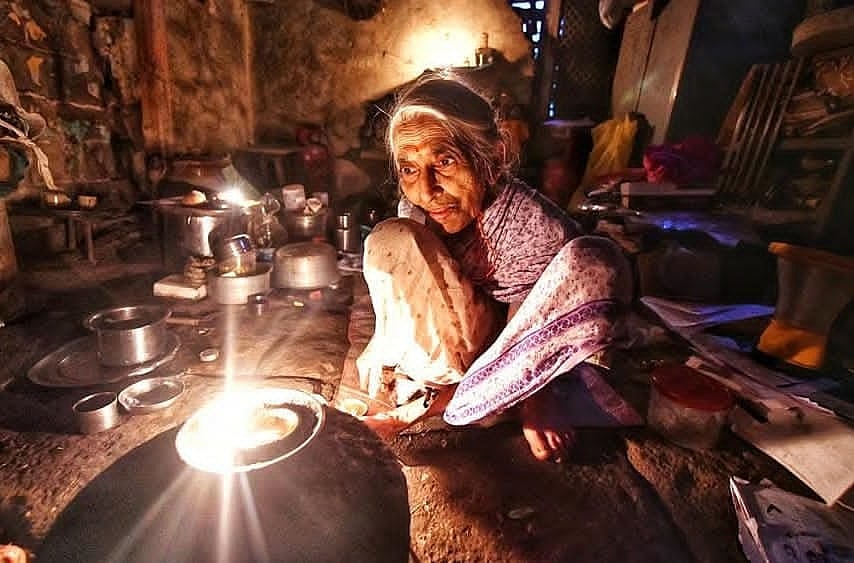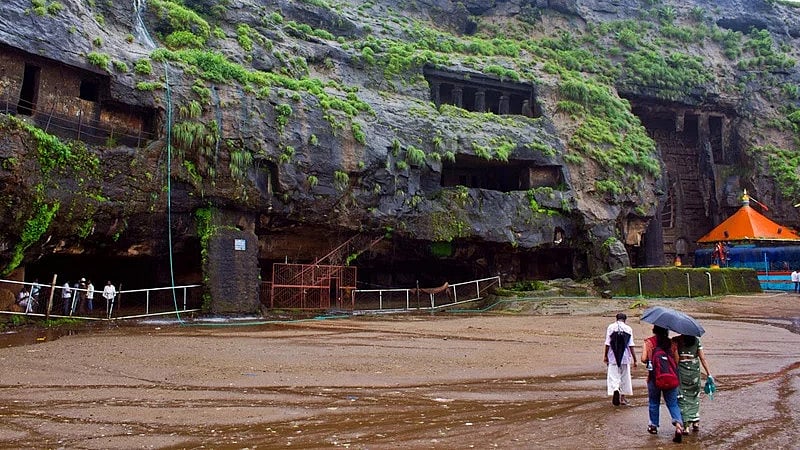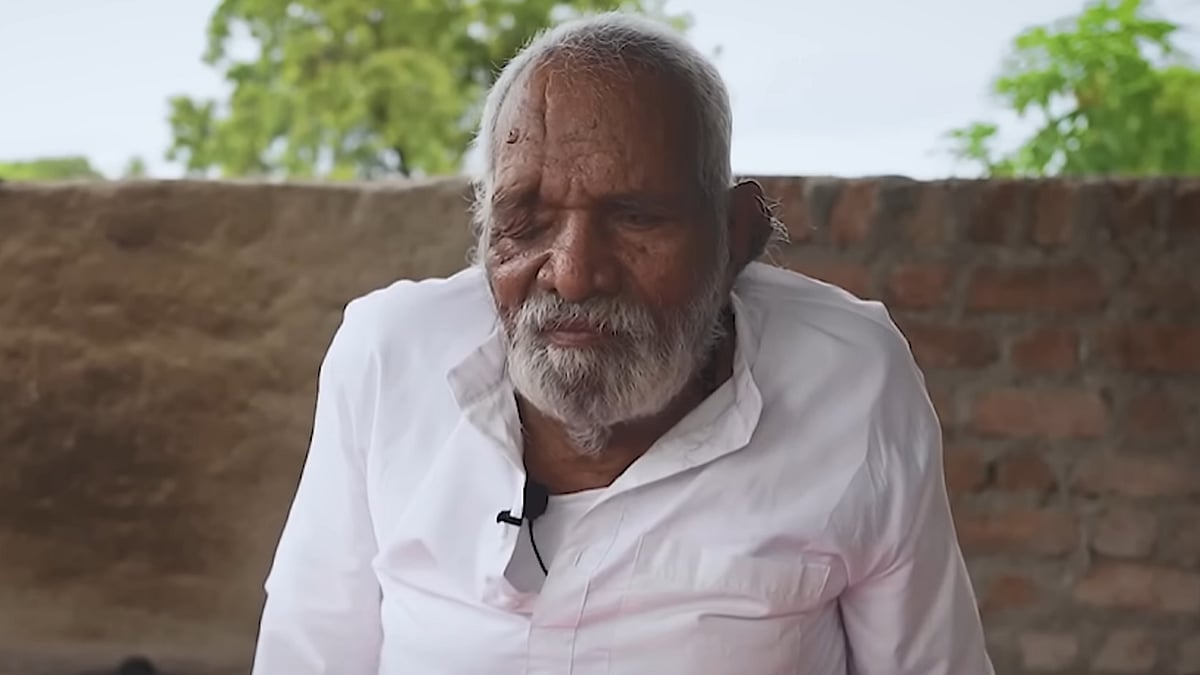With the onset of the monsoon, stagnant water in various parts of Pune has led to a spike in dengue-like cases. Health experts have issued a public advisory urging citizens to remain alert and take preventive measures.
According to the data provided by PMC, 15 cases have been reported in June in the last 10 days, and it reported 23 cases in May, 19 cases in April, 18 in March, 31 in February, and 39 in January.
According to officials, the early monsoon has resulted in waterlogging in many areas, creating ideal breeding grounds for the Aedes aegypti mosquito, the primary carrier of the dengue virus. The health department has already launched a city-wide campaign focusing on mosquito eradication and public awareness.

“Dengue can be prevented by eliminating stagnant water from tanks, wells, rooftops, and uncovered containers. Citizens must ensure their surroundings are dry and clean. We are taking strict action against those who are not following the directives shared by PMC. So far, the civic body has collected a fine of ₹7,38,000. And all these cases are the suspected dengue cases. We are vigilant, and we also urge the people to keep their surroundings clean and dry," said Dr. Rajesh Dighe, Assistant Health Officer and Head of the Vector-Borne Diseases Control Programme.
Symptoms of dengue include high fever, headaches, muscle and joint pain, and back pain. Health officials advise that anyone experiencing these symptoms should consult a doctor immediately. Rest and hydration are crucial, and some traditional remedies, such as papaya leaf juice, may help support recovery but should not replace medical treatment.
The authorities have appealed to both residents and commercial establishments to cooperate in the prevention drive. Local tax officers and housing societies have also been directed to report potential mosquito breeding sites to the health department.










